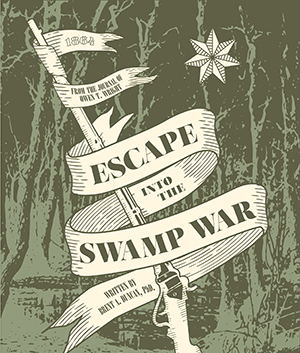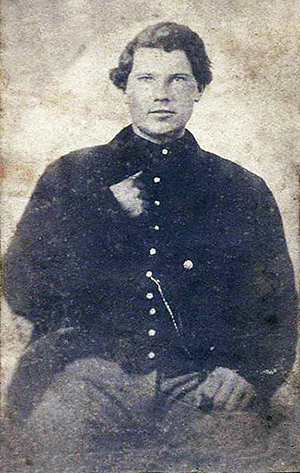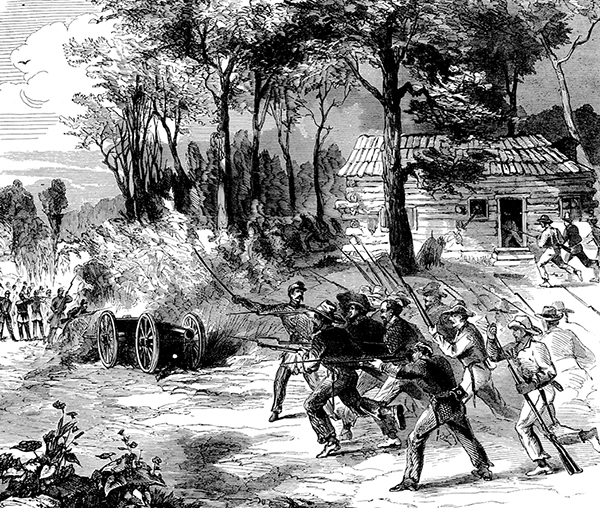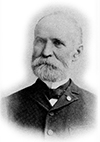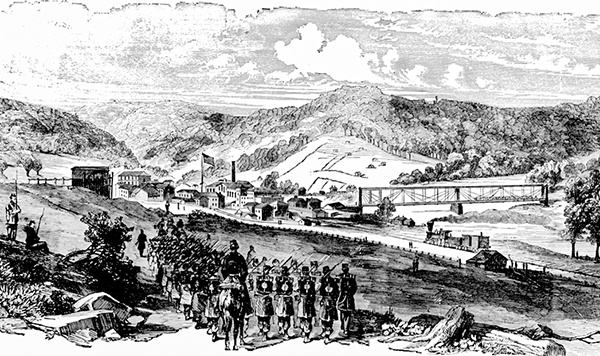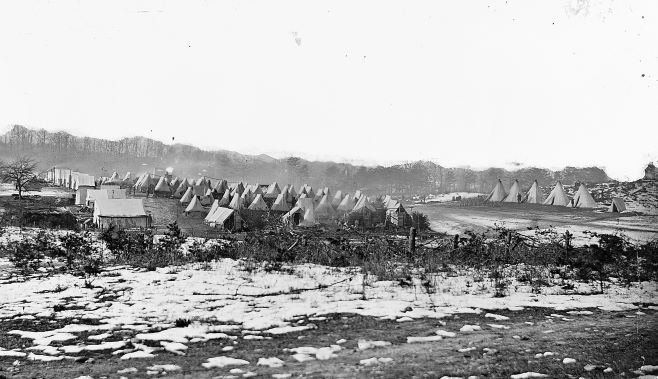Discovering Lincoln
As a child, I "discovered" a discarded box under a trash pile that contained some tattered booklets, old pictures, and small trinkets. Opening one of the booklets, I could barely make out the following in faded handwriting: Today, I had the distinct pleasure of meeting President Abraham Lincoln.
At that moment, that box became mine!
Scanning back to the first page of the booklet, I read,
On the 5th of June, 1861, I volunteered in defense of the most sacred rights of freedom and humanity.
At that moment, the contents of the box became my mission.
These were the Civil War journals of my great-grandfather, Owen Thomas Wright. As a 19-year-old idealistic son of a Methodist minister, Owen was one of the first to volunteer when Lincoln called for troops. Owen survived the front lines of many major battles and minor skirmishes of the Army of the Potomac. He became among the last to muster out after he escaped from a Confederate prison into the swamps of North Carolina, became a catalyst of a guerilla war between the Lowry Gang and plantation society in Lumberton (Townsend, 1872; Evans, 1995), left for dead with malaria, recaptured by Confederate militia, then rescued by Sherman's troops one month after the war ended. Researching the events around Owen's journal provides a ground-level perspective on many aspects of the entire Civil War, including some interesting insights into Lincoln and other Union leaders during the Civil War.

